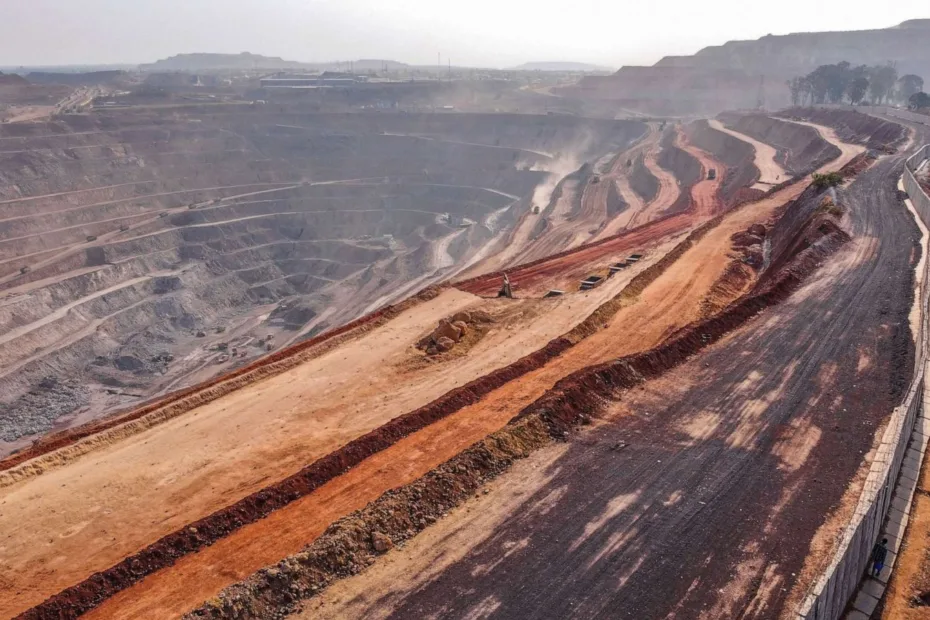DRC Secures $7 Billion Mining Deal with China
The Democratic Republic of Congo (DRC) has reached a new agreement with China for a $7 billion in financing for mining and infrastructure development, according to a statement from the state-owned mining company Gécamines.
The deal is a renegotiation of the Sicomines project, a joint venture between Gécamines and a consortium of Chinese companies led by Sinohydro and China Railway Group, which was signed in 2008.
The original deal gave the Chinese partners a 68% stake in the Sicomines copper-cobalt mine in exchange for $3 billion in infrastructure investments.
President Felix Tshisekedi is seeking to revise the terms of the deal before his re-election, arguing it was too favorable to China and did not bring enough benefits to the country.
A state audit report in 2023 found that only $822 million had been spent on infrastructure projects, while the value of the mine was estimated at $93 billion.
After months of negotiations, the two sides agreed to maintain the current shareholding structure, while increasing the financial commitments from both parties.
Terms of DRC – China Engagement
The Chinese partners will pay 1.2% of royalties annually to the DRC, up from 0.5% previously, and will invest up to $7 billion in infrastructure projects over the next 10 years.
Gécamines will market 32% of the mine’s production, up from 25% previously, and will receive a minimum guaranteed price of $4,000 per ton of copper.
The new agreement was announced by Tshisekedi during his inauguration speech for his second term on Saturday, January 27, 2024.
He said the deal would enable the opening up of the country’s regions and the improvement of the living conditions of the population. He also praised the strategic partnership between the DRC and China, which he said was based on mutual respect and win-win cooperation.
The mine, located in the Katanga province, is expected to produce about 200,000 tons of copper and 17,000 tons of cobalt per year, making it one of the world’s largest sources of the metals, which are essential for the electric vehicle and renewable energy industries.
However, some civil society groups and opposition politicians have expressed concerns over the lack of transparency and accountability in the negotiations, and the potential environmental and social impacts of the mining and infrastructure projects.

